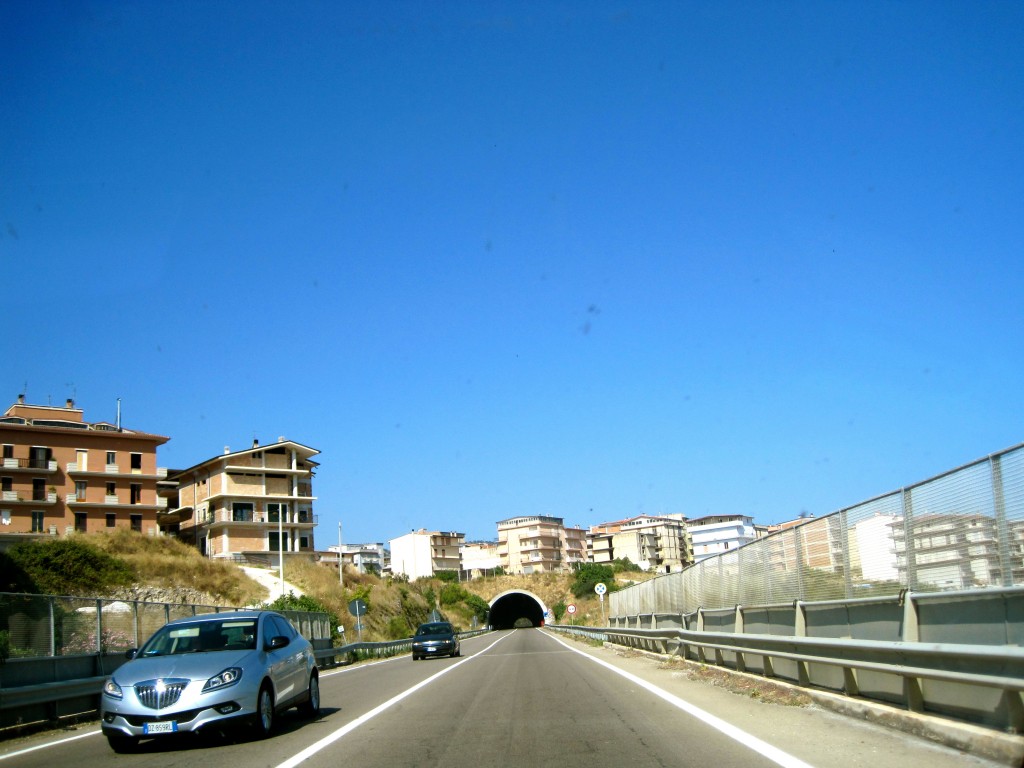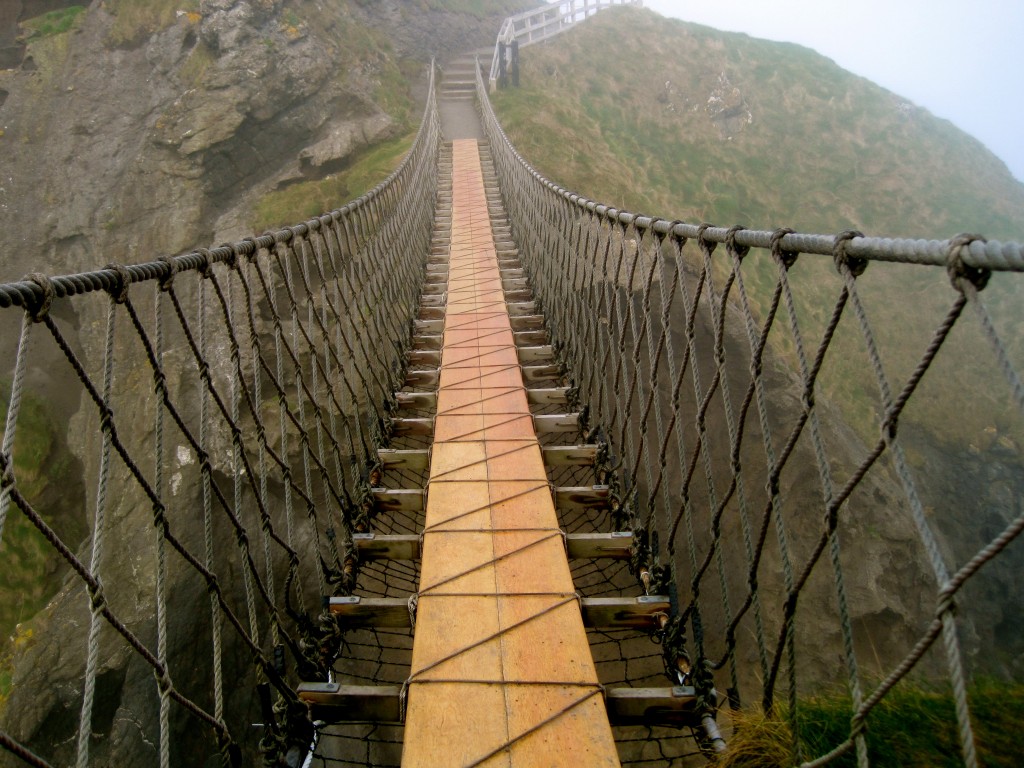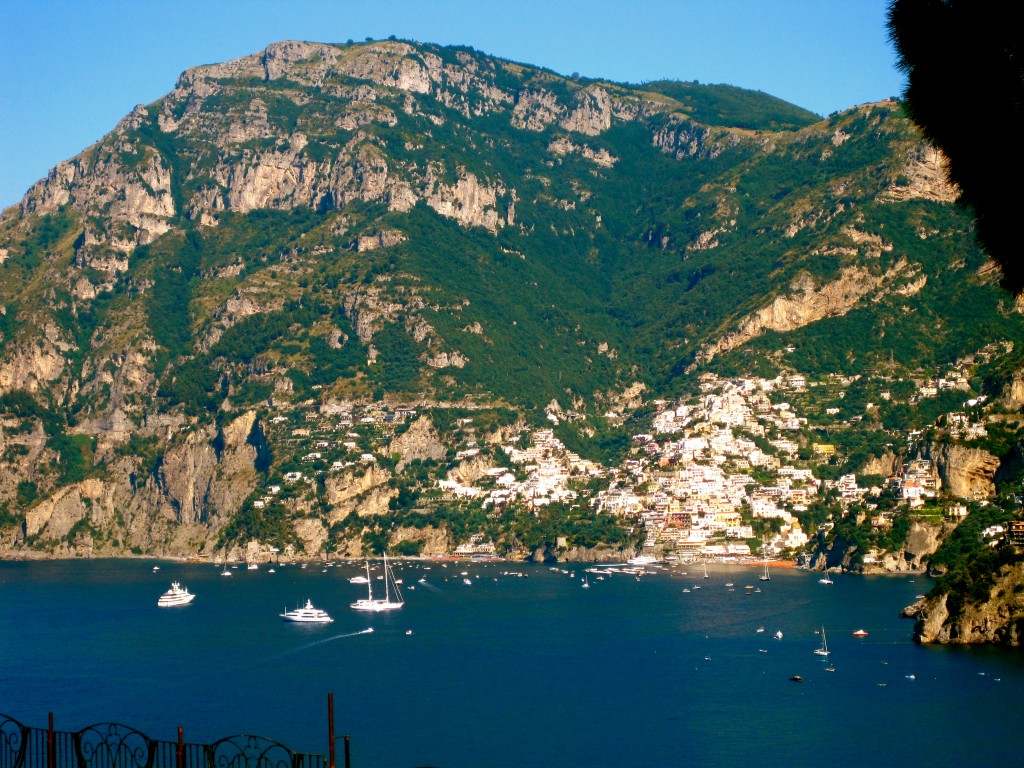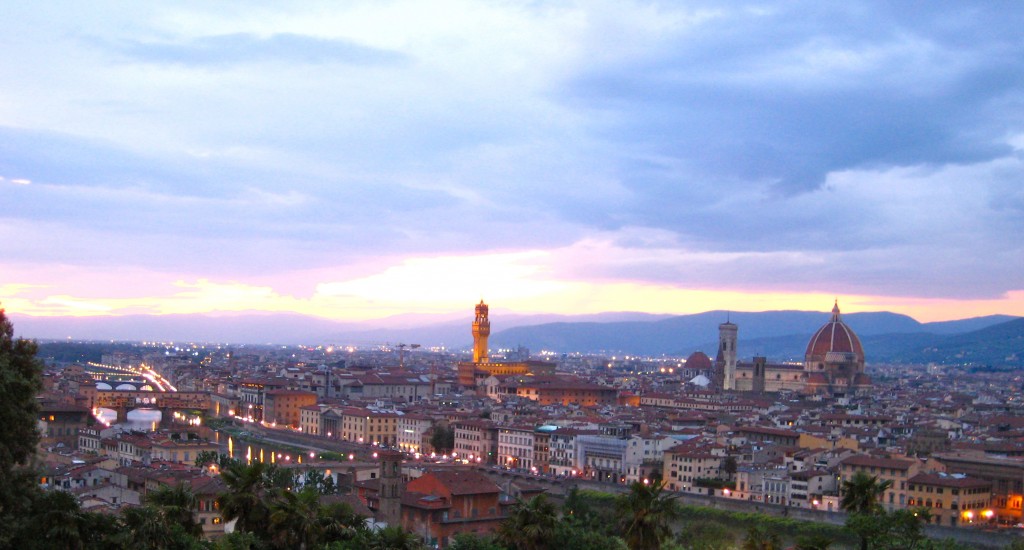From my balcony view, I saw eye-sore block buildings in the distance. I popped a green olive in my mouth to the whiff of nearby trees they no doubt came from before the jar. You could hear a few screaming Italian babies as the sun began to set, probably angry to leave cluttered sands for the camper van. I felt a long way from anywhere I had ever been and a long way from anywhere I really wanted to be. I had grand ideas about what some isolated, undiscovered destination would be. It was going to be my secret and ended up being a place I couldn’t wait to leave.
I recently came across an article in the New York Times about the Gargano Promontory in the Puglia region of Italy. The author compares this bump of land in the Adriatic to the world-famous Amalfi Coast. Having been to both, I was intrigued to know how these two very different destinations in my mind could even be lumped into one basket. To me, the Gargano Promotory was not a sea of cliff-clinging villages and bursting bougainvillea but rather loads of camper sites and concrete block buildings. The comparison to the Amalfi Coast could not be more inaccurate. And this comparison left me a little fired up about travel comparisons in general.

Supposedly comparable to the Amalfi Coast, the Gargano Promontory
A writer tells you this stretch of the world is the Paris of the East, the Venice of the North. I wish we could abandon these comparisons, these attempts to link one destination with another. So often I feel that we are trying to convince one another we have found the popular in the unpopular and that in turn makes it worthwhile. I’m not just being picky, but rather I don’t think it’s good for the traveler’s mind. It breeds expectations and disappointment when that Venice of the North is nowhere near the real Venice. Travel comparisons push the traveler into a constant state of looking for another place in their current destination, distracting them from embracing the unknown and different.
Travel Unknowingly Not For A Good Story
As travelers, we all want to find places we haven’t heard of before. However I think we hurt the magic of travel a great deal when we are merely in search of a place because no one knows of it. I consider this notion when I ponder the lives of explorers. Most of these travelers were hired by countries to find new lands to conquer and call their own. They didn’t know what they would find or even if they would find anything at all. I believe we should almost do the same. Rather than seeking out places just to tell our friends about, to regale people at parties, we should go to places with this mindset. We want to see them because they are unknown to us, even if the rest of the world has already seen them. They might not end up being what we imagined or hoped, but at least we didn’t lay out a purpose for seeing them just for a good story.
When I was in the Gargano area of Italy, I was in search of somewhere new. From everything I read, I pictured the Amalfi Coast of Italy’s eastern coast. However it was far from it my eyes. I hated the comparison. I hated the fact that I came all this way to be disappointed. When we compare two places, we attach a set of expectations for finding that element in the destination. When we don’t find it, it’s hard to see the positive in the negative.
Embrace The Idea That No Two Places Are Alike
When I open myself up to the idea that no two places are alike when it comes to travel, I find a very interesting world. When we compare places, when we make those attempts to peg one like the other, we are devaluing the travel experience. Small towns aren’t just one after the other. They are each unique in their own way, if we aren’t too lazy to take notice.
The same can be said of extraordinary places. When I first visited the Amalfi Coast as a teen with my family, I remember the moonlight from my room. The water was that color of midnight blue, a color my imagination had only seen before. I knew this place was incomparable to anywhere else in the world, even if I hadn’t seen everywhere else in the world. Travel is not just seeing on the surface, but also a feeling. I try not to compare two places because I experience different emotions in each place that I go. Those feelings distinguish the two forever in my mind. I like the idea of leaving places to themselves, to their own feelings and their own identities. I think it helps the traveler see something in places they otherwise wouldn’t.
Don’t Knock The Famous
In the article, the author talks about how the Gargano lacks the crowds and costs of the Amalfi Coast, but it lent the same scenery. I kept scratching my head, trying to understand how this could be true. When I spent a year of my college days studying in Sicily and Florence, I remember that sinking feeling that Florence wasn’t going to top Sicily. It was touristy. It was where many Americans go to study abroad. It wasn’t different.
Rather than counting out the fame of Florence, I embraced it. The city is an outdoor museum. Sure I had trouble getting people to speak back to me in anything other than English and sure the crowds are mostly tourists, but buried in this city is a place you can’t compare to any other. I lived with two Florentines and saw Florence’s fame in a positive light. I think we should stop belittling these famous places. They may be well known, but they are remarkable nonetheless.
The traveler can find adventure and the unknown in any place, so long as they allow it. When we compare two places, we only make this quest for adventure and the unknown that much more difficult. To me, somewhere nobody knows can sometimes be somewhere no one would go. We are reaching for reasons why this place is remarkable, so much so that we compare it to the remarkable. I want to let these places be individuals and leave travel comparisons at home.
Do you despise travel comparisons?




Great article Suzy. I used make travel comparisons all of the time. I don’t know if it was just to make the unknown that little bit more familiar to me or what. I also used to only want to go to places that were “undiscovered” and not covered with tourists. With time though, I did find that I should just appreciate every place for what it is, because it is unique in its own right. It can’t be compared to anything else. And those popular places have much to offer, even if you have been there before. They are indeed famous for a reason. I don’t like when people make comparisons, because then I have a certain expectation when I go to place X, thinking it will be just like place Y. It is best to just travel to a destination and experience it for what it is. Period.
Nice post Suzy. In India too, we have endless odious comparisons. No doubt it started with the British – Coorg was the Scotland of India, Ahmedabad the Manchester of India and Ross, Paris of the East. When there would be no comparisons, a place would acquire an appellation, more so a ‘hill-station’. So Netarhat became Queen of Chhotanagpur, Ooty was Queen of Hill Stations, Yercaud was Queen of Shevaroys (or worse, Poor Man’s Ooty). Another common trap is our perverse love for milestones – longest, highest, oldest, largest, you name it, we have it. Often, we are all guilty of hard-selling a destination by pegging it to a record. It’s an easy way out. But as with people, no two destinations are alike and every body/place has something unique to offer.
Hmmmm …. I think it is only natural to compare, yet it is somewhat pointless. I suppose in the old days the comparisons were made because the general public had no access to internet etc.
I have travelled massively and like equally well the remote places and the tourist places. I have a lot of blogs and short stories about my travels, and lots of paintings too on my web site if of interest….
I found your item interesting, Suzy. Excellent.
You wrote: “We want to see them because they are unknown to us, even if the rest of the world has already seen them.”
Thanks, because that’s what leapt out of the page for me!
I completely understand where you’re coming from, Suzy! Not to say that I haven’t made comparisons myself every now and then, because I’m sure I have. But I would never visit a place just because it’s the “next Paris” or a “less-crowded Amalfi Coast.”
You said that “The traveler can find adventure and the unknown in any place, so long as they allow it.” And this is EXACTLY my travel philosophy. I approach each destination as a completely unique one, which helps me find the unique and positive aspects of just about everywhere I go. It ensures that I have the best travel experience possible, no matter where I am in the world.
Thank you for putting into words one of my pet peeves regarding travel “comparisons”. Often I hear people describing the Tuscany countryside as being similar to the Napa wine region….huh??? Really? How’s that? Your piece describes exactly the shortcomings of making these type of travel comparisons. Just enjoy each location for what it offers…
I think it’s easy to compare places and it’s an unfortunate bad habit of travel marketing. I agree that the reason why we travel is to experience something because its new and unique not because it’s similar to another place in the world.
Completely agree that you need to think that two places aren’t alike. Very rarely will you visit a place that is exactly the same as another place.
I do some professional travel writing and the publication specifically points out not to do travel comparisons in the style guide. It’s an easy go to, same as Milan is the new New York or Bogota is the new Rio. _is the new or _is the little _ of_. Lazy writing.
I think pointing out some very relevant comparisons can be good, but the danger is also the reader might not have been to both places or they might not be the same. So yes, I despise travel comparisons. Love your website though!